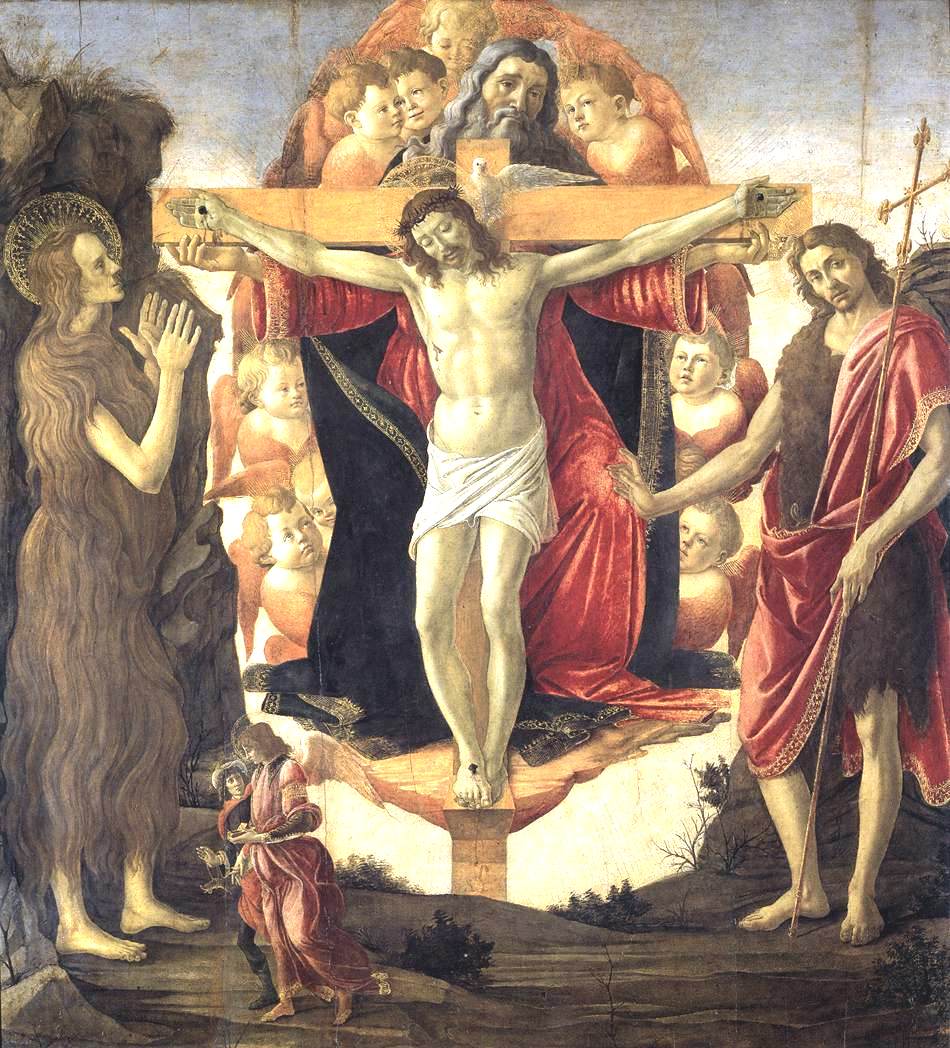The Apostles had not yet attained to all those things which for Jesus' name's sake they were able to bear; so, revealing lesser things, He puts off the greater for a future time, such things as they could not understand till the Cross itself of their crucified Head had been their instruction. As yet they were slaves to the types, and shadows, and images of the Law, and could not bear the truth of which the Law was the shadow. But when the Holy Spirit came, He would lead them by His teaching and discipline into all truth, transferring them from the dead letter to the quickening Spirit, in Whom alone all Scripture truth resides.
Our Lord tells us of the Holy Spirit: "He shall not speak of Himself", i.e., not without Me, and Mine and the Father's will: because He is not of Himself, but from the Father and Me. That He exists, and that He speaks, He has come from the Father and Me. I speak the truth; i.e., I inspire as well as speak by Him, since He is the Spirit of Truth.
To say and to speak in the Trinity must not be understood according to our usage, but according to the usage of incorporeal natures, and especially the Trinity, which implants Its will in the hearts of believers, all of those who are worthy to hear It. For the Father then to speak, and the Son to hear, is a mode of expressing the identity of their nature, and their agreement. Again, the Holy Spirit, Who is the Spirit of truth, and the Spirit of wisdom, cannot hear from the Son what He does not know, seeing He is the very thing which is produced from the Son, i.e. truth proceeding from truth, Comforter from Comforter, God from God. Lastly, lest any one should separate Him from the will and society of the Father and the Son, it is written, Whatsoever He shall hear, that shall He speak.
By the Spirit of truth too the knowledge of future events has been granted to holy men. Prophets filled with this Spirit foretold and saw things to come, as if they were present: And He will show you things to come.
References:
On the Holy Spirit (Didymus the Blind)
